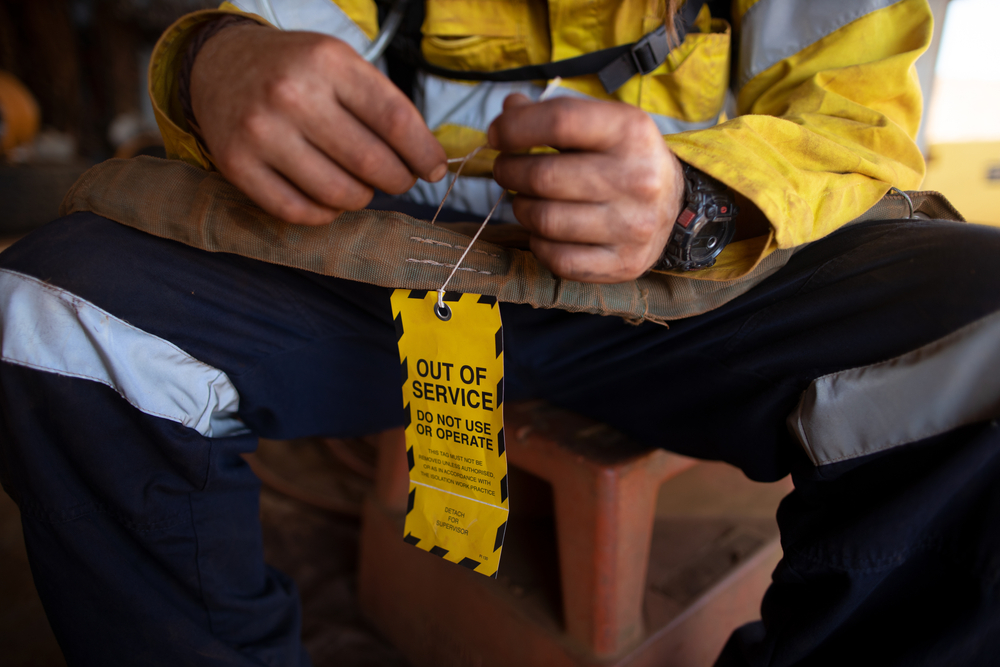Stay consistently informed on the most recent developments in the areas of law in which we hold specialised expertise
News
Categories
-
Professional Negligence 27 August 2024
-
Personal Injury 17 June 2024
Top Articles
Family Law
How Does High Net Worth Divorce Work?
When high-value assets, international investments, business interests, or complex financial arrangements are involved, divorce becomes…
Read MoreFamily Law
Can You Divorce Without Splitting Assets?
In today’s digital-first world, more couples are turning to online divorce services and simplified procedures…
Read MorePersonal Injury
How to Claim Compensation After a Faulty Product Injury
Injuries caused by faulty or dangerous products can be sudden, painful, and deeply disruptive to…
Read MorePersonal Injury
Severe Workplace Injuries When Employers Fail Their Duty of Care
A serious workplace injury can change your life in an instant. Whether it’s a fall…
Read MoreProfessional Negligence
Millions of pounds in lost deposits in Kingsway Square fiasco
Specters are investigating possible claims against solicitors and conveyancers arising from the failed Liverpool development…
Read MoreFamily Law
What is a Wife Entitled to In a Divorce Setting?
One of the most common concerns during a divorce is what each party is entitled…
Read MoreFamily Law
Who Gets The House In a Divorce with Children
Divorce is a stressful experience for both parents and children, with one of the biggest…
Read MoreFamily Law
Divorce and Pensions: What You Need to Know
Divorce is an emotionally and financially challenging process, and while assets such as property and…
Read MorePersonal Injury
A Guide to Gathering Evidence For a Personal Injury Claim
When pursuing a personal injury claim, gathering strong evidence is essential. Evidence helps to establish…
Read More













